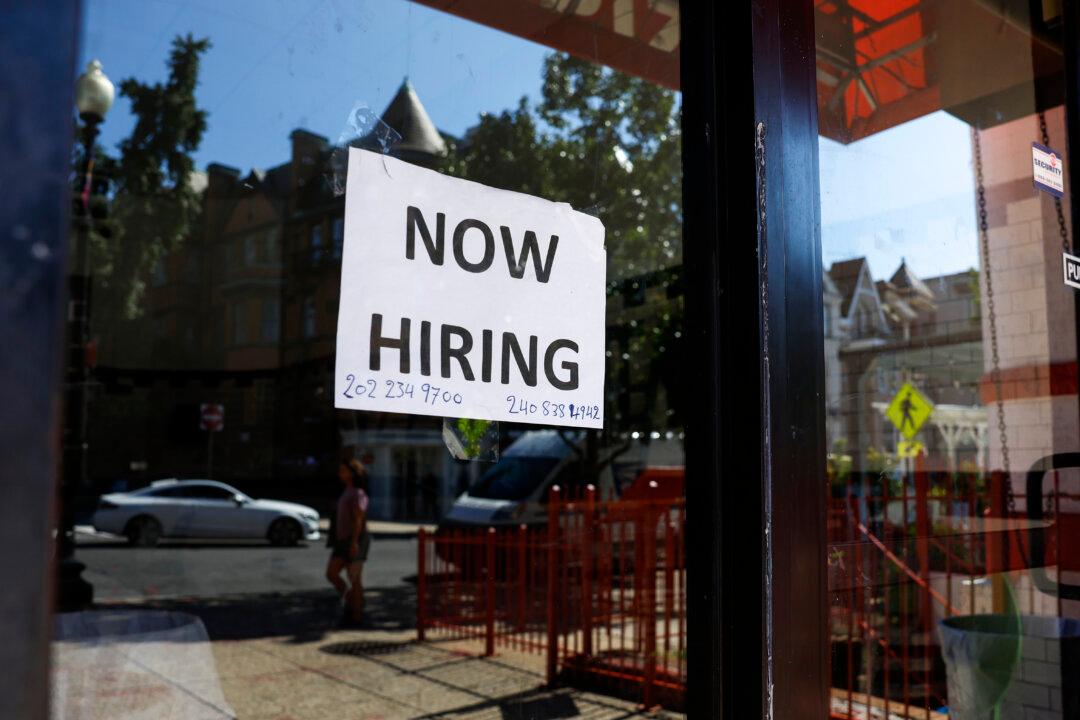The economic slowdown in 2023 is likely to force workers to accept lower-quality, poorly paid jobs that lack job security and social protection. This was revealed in the International Labour Organization’s (ILO) World Employment and Social Outlook: Trends 2023 report.
The report states that the COVID-19 pandemic and the resulting economic crisis have had a significant impact on the global labor market, leading to increased unemployment and reduced job security for many workers. It is predicted that the economic slowdown in 2023 will continue to affect the labor market, with workers facing increased competition for jobs and reduced wages. In addition, many workers will be forced to accept jobs with low pay, and sometimes insufficient hours.




